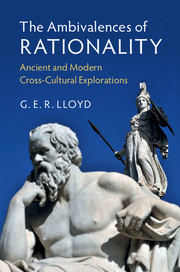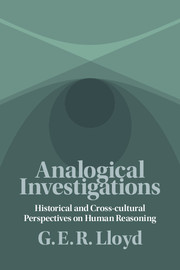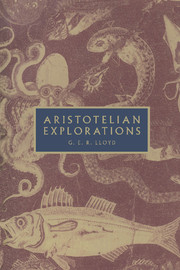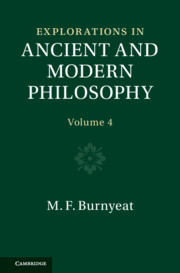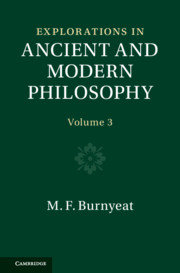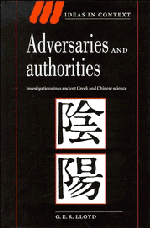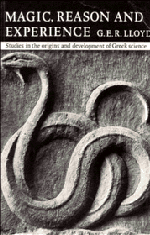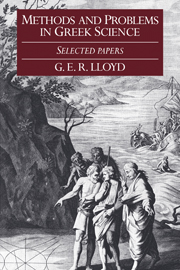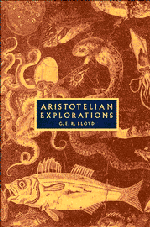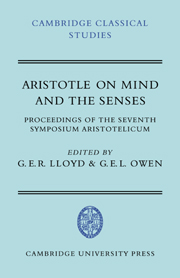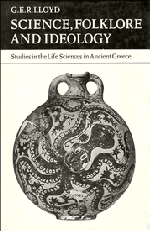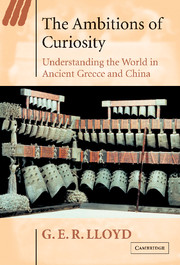The Ambivalences of Rationality
Ancient and Modern Cross-Cultural Explorations
$59.99 (C)
- Author: G. E. R. Lloyd, Needham Research Institute, Cambridge
- Date Published: December 2017
- availability: Available
- format: Hardback
- isbn: 9781108420044
$
59.99
(C)
Hardback
Other available formats:
eBook
Looking for an examination copy?
This title is not currently available for examination. However, if you are interested in the title for your course we can consider offering an examination copy. To register your interest please contact [email protected] providing details of the course you are teaching.
-
Is rationality a well-defined human universal such that ideas and behaviour can everywhere be judged by a single set of criteria? Or are the rational and the irrational simply cultural constructs? This study provides an alternative to both options. The universalist thesis underestimates the variety found in sound human reasonings exemplified across time and space and often displays a marked Eurocentric bias. The extreme relativist faces the danger of concluding that we are all locked into mutually unintelligible universes. These problems are worse when certain concepts, often inherited from ancient Greek thought, especially binaries such as nature and culture, or the literal and the metaphorical, are not examined critically. Drawing on a variety of disciplines, from philosophy to cognitive science, this book explores what both ancient societies (Greece and China especially) and modern ones (as revealed by ethnography) can teach us concerning the heterogeneity of what can be called rational.
Read more- Provides a cross-cultural examination of notions and practices of rationality in ancient and modern societies, with a particular focus on Ancient Greece and China
- Challenges both universalist and relativist assumptions, presenting an alternative which avoids the weaknesses of these extreme positions
- Examines critically deep-seated conceptions in Western thought, many of which stem from Ancient Greece, e.g. nature and binaries such as appearance and reality and the literal and the metaphorical
Customer reviews
Not yet reviewed
Be the first to review
Review was not posted due to profanity
×Product details
- Date Published: December 2017
- format: Hardback
- isbn: 9781108420044
- length: 132 pages
- dimensions: 235 x 159 x 12 mm
- weight: 0.32kg
- availability: Available
Table of Contents
1. Aims and methods
2. Rationality reviewed
3. Cosmology without nature
4. Seeming and being
5. Language, literacy and cognition
6. Gods, spirits, demons, ghosts, mysticism, miracles, magic, myth
7. Conclusions: the ambivalences of rationality.
Sorry, this resource is locked
Please register or sign in to request access. If you are having problems accessing these resources please email [email protected]
Register Sign in» Proceed
You are now leaving the Cambridge University Press website. Your eBook purchase and download will be completed by our partner www.ebooks.com. Please see the permission section of the www.ebooks.com catalogue page for details of the print & copy limits on our eBooks.
Continue ×Are you sure you want to delete your account?
This cannot be undone.
Thank you for your feedback which will help us improve our service.
If you requested a response, we will make sure to get back to you shortly.
×
